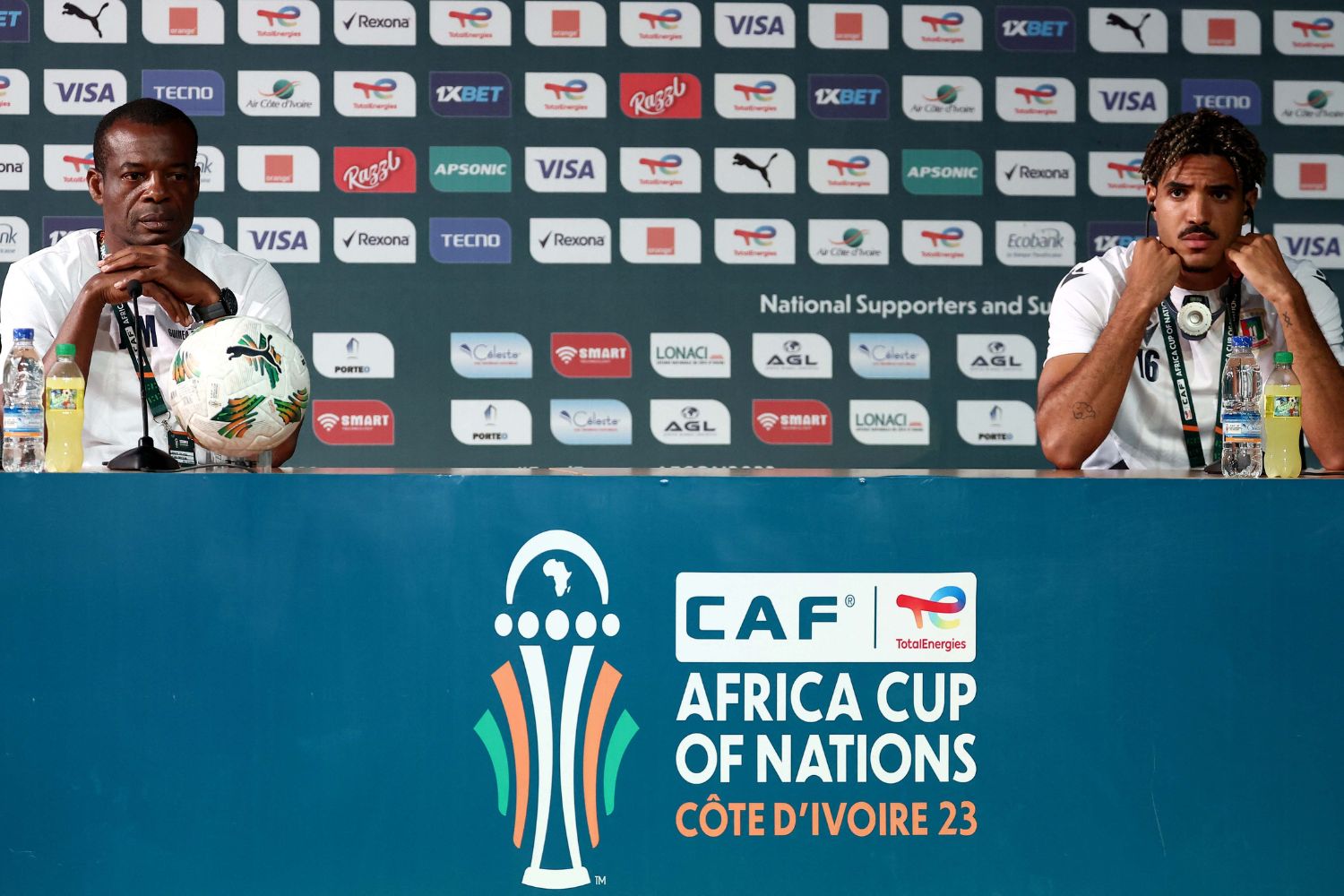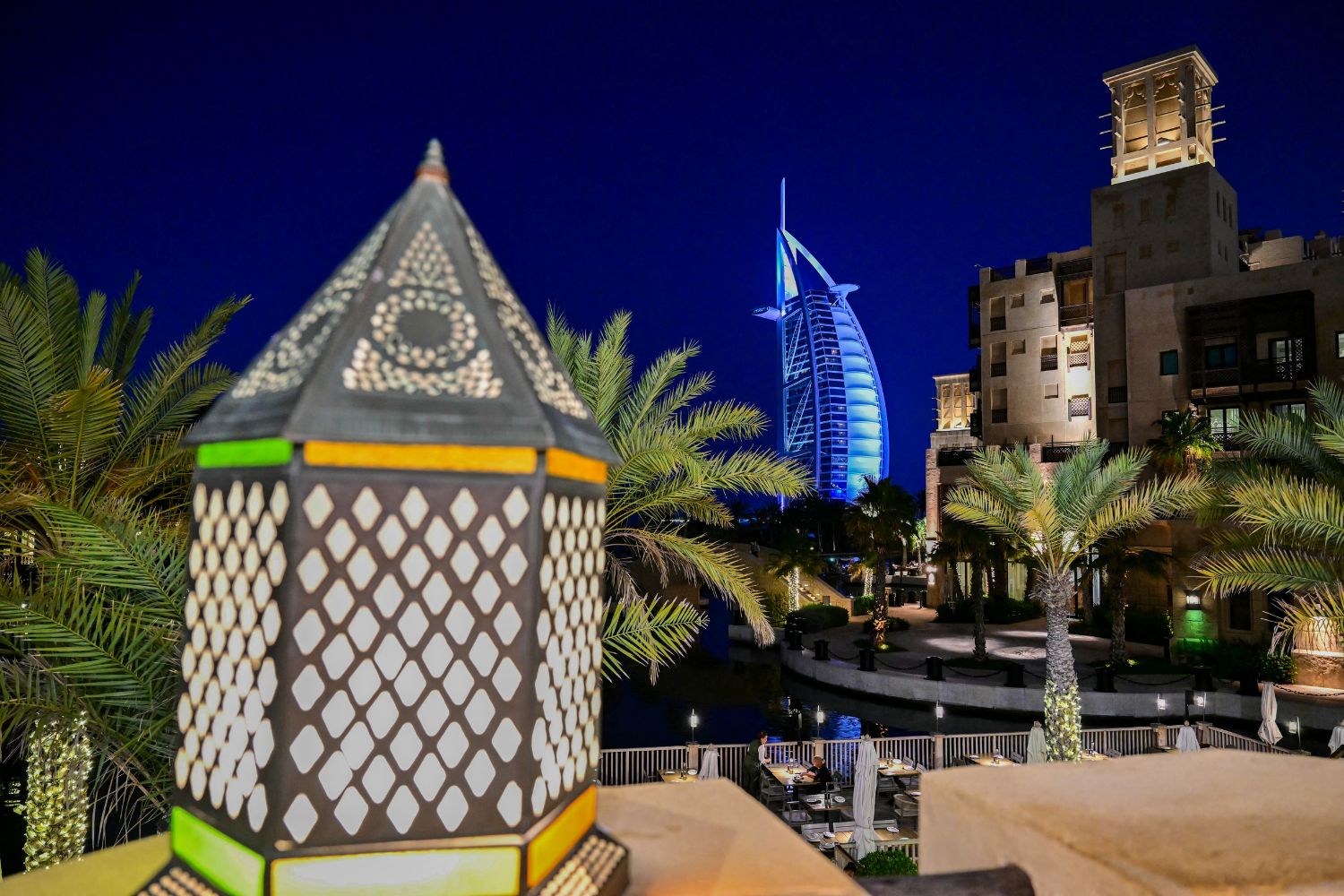Ethiopian Prime Minister Abiy Ahmed recently hosted a friendly match featuring legendary African football players, who visited Ethiopia to participate in the Shenen Africa Festival. This event underscored Ethiopia’s ambitions in the realm of football. During the festivities, Prime Minister Abiy Ahmed announced Ethiopia’s submission of a bid to host the 2029 Africa Cup of Nations (AFCON).
He revealed that extensive discussions had been held with Patrice Motsepe, the President of the Confederation of African Football (CAF), to bring the prestigious tournament to Ethiopia. Prime Minister Abiy emphasized that hosting AFCON would be a significant milestone for Ethiopian football. He believes that this opportunity would catalyze the development of the sport within the country, providing a platform for growth and international recognition.
The presence of renowned African football players in Ethiopia for the Shenen Africa Festival highlights the nation’s potential as a host for major sporting events. These players’ participation has brought attention to Ethiopia’s capacity to organize and host an international football tournament successfully. The Africa Cup of Nations (AFCON) is the premier international football tournament in Africa, organized by the Confederation of African Football (CAF). The idea for the tournament was conceived in 1956 during the founding of CAF in Khartoum, Sudan, by the football associations of Egypt, Sudan, Ethiopia, and South Africa.
The first tournament was held in 1957, featuring only three teams: Egypt, Sudan, and Ethiopia. Egypt emerged as the inaugural champion. Since its inception, AFCON has grown significantly in scale and prestige, reflecting the development of football across the continent. Initially held every two years, the tournament switched to a biennial schedule in 1968 and has remained so, except for a brief period when it was held annually. The number of participating teams has also expanded over the years, from the original three to 24 in the current format, allowing for a more inclusive representation of African footballing nations.
Efforts to secure the AFCON hosting rights are being pursued vigorously. According to sources, Ethiopia is leveraging its ambassadors and engaging in serious negotiations with key stakeholders, including the CAF President. These initiatives reflect the country’s commitment to elevating its football infrastructure and gaining a foothold in the international sports arena. AFCON takes place every two years, typically in January and February. The tournament structure consists of a qualification phase followed by the final tournament.
The qualification phase involves multiple rounds where national teams compete to secure a spot in the finals. The final tournament itself is divided into a group stage and a knockout stage. In the group stage, the 24 qualified teams are split into six groups of four. Each team plays three matches in a round-robin format, with the top two teams from each group and the four best third-placed teams advancing to the knockout stage. The knockout stage includes the Round of 16, quarterfinals, semi finals, and the final.
Matches in the knockout stage are single-elimination, with extra time and penalties used to decide the winner if necessary. Ethiopia’s bid to host the Africa Cup of Nations aligns with broader goals of sports development and international engagement. The government and local football authorities are working diligently to ensure that the nation’s bid is compelling and competitive. This determination is part of a larger strategy to position Ethiopia as a hub for major sporting events in Africa, enhancing the country’s profile on the global stage.
Hosting AFCON would not only boost Ethiopian football but also have far-reaching economic and social benefits. The influx of tourists and football fans would stimulate the local economy, while the improvements in infrastructure necessary for the tournament would leave a lasting legacy for future generations. Hosting the tournament attracts football fans from around the world, boosting local tourism and generating revenue for host cities and countries. Hotels, restaurants, and other businesses see increased patronage, which can have lasting economic benefits.
Hosting AFCON will also help Ethiopia speed up developing infrastructure such as stadiums, roads, and airports. These developments can have long-term positive effects on the country’s economy and quality of life for its citizens. The tournament showcases African culture to a global audience. From the opening ceremonies to the fans’ enthusiasm, AFCON highlights the continent’s rich cultural diversity and vibrancy. The Africa Cup of Nations is more than just a football tournament; it is a celebration of African talent, culture, and unity.
Held every two years, AFCON provides significant economic, social, and cultural benefits to the continent. As the tournament continues to grow in prominence, it remains a vital part of Africa’s sporting and cultural landscape, inspiring future generations and promoting the continent on the global stage.
Ethiopia’s bid to host the 2019 Africa Cup of Nations marks a significant step towards advancing the nation’s football ambitions. Through strategic discussions and concerted efforts, Ethiopia aims to showcase its readiness to host Africa’s most prestigious football tournament, fostering the growth of the sport and contributing to the country’s overall development.
ALSO READ: Saudi Arabia to host record-breaking Esports World Cup this summer













